
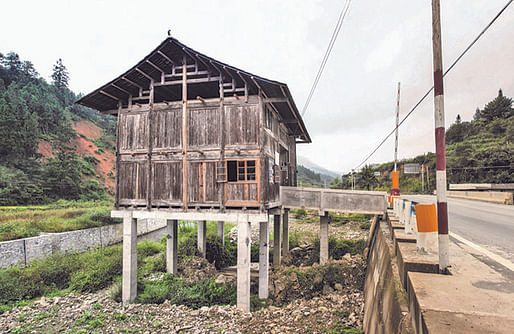
The hard work of academic architectural researchers has been recognized today as the Royal Institute of British Architects announces the winners of the 2021 President’s Medal and Awards for Research.
This year’s top honor has been awarded to John Lin and Sony Devabhaktuni from the University of Hong Kong for their research into self-built homes in rural China.
Additionally, three awards were given out in the categories of Education, Cities and Community, and History and Theory. Projects from the University of Cambridge, the Bartlett at UCL, and the Universidad Tecnológica de la Habana José Antonio Echeverría were named as awards honorees besides Lin and Devabhaktuni, who also won in the Cities and Community category.
A combined project from Dr David Roberts, Prof Jane Rendell, and Dr Yael Padan of the Bartlett School of Architecture at UCL; and Ariana Markowitz and Dr Emmanuel Osuteye of the Bartlett Development Planning Unit at UCL took home the top honor in the Education category (also this year's theme) for its guideline to ethical practice in the built environment.
A cross-national team of researchers including Mohammad Wesam Al Asali and Dr Michael H. Ramage from the University of Cambridge, and Dania González Couret from the Universidad Tecnológica de la Habana won the History and Theory award for their effort looking into the rise and fall of thin-tile vaulting in Cuba following the Revolution.
A commendation was also given to Professor Elena Marco at the University of The West of England for her research into the relationship of storage design and well-being in residential environments as submitted to the Design and Technical category.
“From the highly distinguished study of long-forgotten homes adapted by villagers in China, to the detailed exploration of Cuban vaulting, to the project that looks at embedding ethics into the practice of research itself — I commend each of these thought-provoking studies for the contribution they make to our knowledge of architecture and practice,” RIBA President Simon Alford said. “Congratulations to all researchers for the valuable time and resource they have spent to further our understanding of these specialized subjects.”
This year’s jury was chaired by University of Strathclyde department head Tim Sharpe. The institute will announce the theme for 2022’s contest in March.
Scroll down to see more information about each winning project.
President's Medal for Research and Cities and Communities Award winner: As found houses: Experiments from self-builders in rural China
John Lin, Sony Devabhaktuni, Department of Architecture, University of Hong Kong, Hong Kong
Jury abstract: "The research addresses the tendency toward vernacular obsolescence in rural China by identifying unique cases of previously overlooked vernacular dwellings that have been informally adapted by villagers. Instead of abandoning their traditional dwellings in favour of generic concrete frame and brick constructions, these self-builders have developed intelligent solutions for updating their old houses. The results are fresh ideas for sustainable living that contain spatial nuances related to deep rooted social structures– relevant for professional and informal builders and designers alike." — Read more
Education Award winner: Will I cause harm?: Practising Ethics Guides for built environment research
Dr David Roberts, Prof Jane Rendell, Dr Yael Padan, Bartlett School of Architecture, UCL; Ariana Markowitz, Dr Emmanuel Osuteye, Bartlett Development Planning Unit, UCL, UK
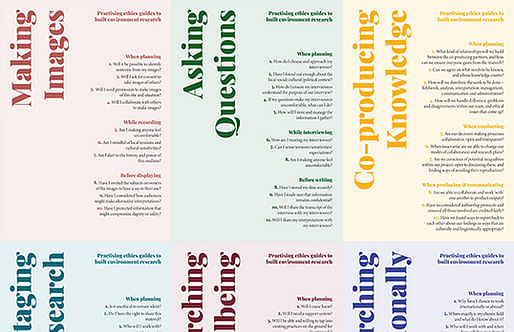
Jury abstract: "The latest RIBA Code of Professional Conduct, validation criteria and mandatory competences specify ethics and social purpose as key components of professional practice. ‘Practising Ethics Guides’ are a pioneering open-access educational tool for emerging and established built environment practitioners to teach themselves and others how to identify ethical dilemmas that may arise in research and practice, negotiate their ethical responsibilities, and rehearse strategies to navigate unpredictable environments with care and creativity." — Read more
History and Theory Award winner: Beyond the National Art Schools: Thin-tile vaulting in Cuba after the revolution
Dr Mohammad Wesam Al Asali and Dr Michael H. Ramage, Department of Architecture, University of Cambridge, UK
Dr Dania González Couret, Universidad Tecnológica de la Habana, José Antonio Echeverría, Cuba
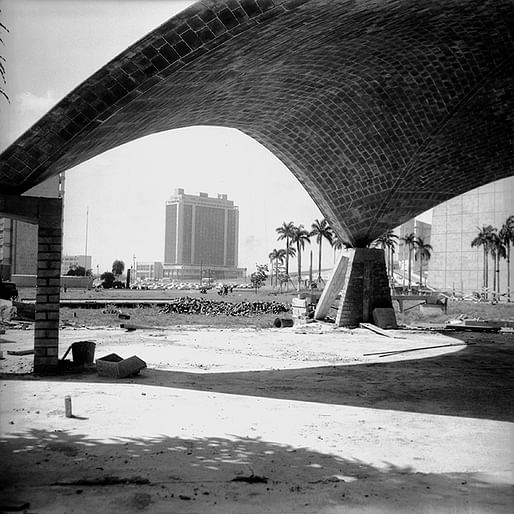
Jury abstract: "The story of the rise and fall of thin-tile vaulting in Cuba after the revolution has always focused on the National Art Schools in Havana, which are typically presented by the scholarly literature as an anomaly in the history of modern Cuban construction. However, this research shows that from 1960 to 1965, a team of architects and engineers at the Ministry of Construction (MICONS), led by architect Juan Campos Almanza (1930–2007), built many experimental structures featuring thin-tile vaulting." — Read more
Design and Technical Award winner: Stuff and space in the home: Space for storage as the forgotten design and well-being dimension in standardised housing
Professor Elena Marco, University of The West of England, UK
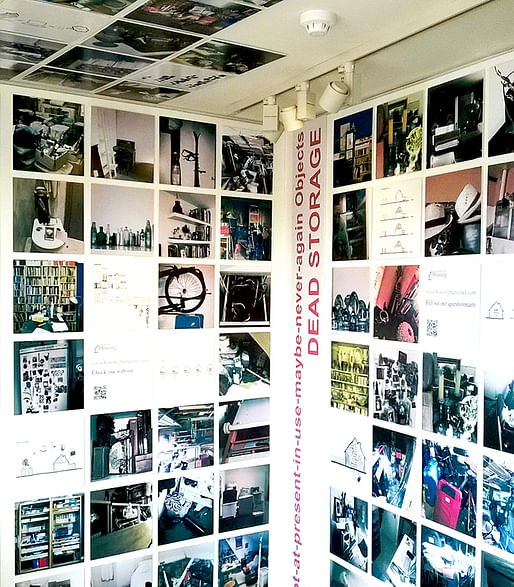
Jury abstract: "In the field of architecture, there has been scarce research on how the accumulation of material possessions impacts on space in the home. There has been little understanding of what households own, collect, store and dispose of, nor the implications this might have for domestic space design, especially that for storage. The ‘stuff’ that inhabitants own is largely overlooked in current debates on housing policy and design. Yet, householders can have their quality of life, well-being and happiness negatively affected by the ‘stuff’ they keep in their homes." — Read more
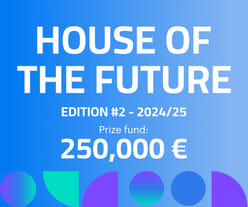
250,000 € Prize / HOUSE OF THE FUTURE 2024/25
Register by Wed, Apr 30, 2025
Submit by Mon, Jun 2, 2025
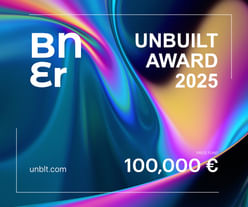
100,000 € Prize / Buildner's Unbuilt Award 2025
Register by Thu, Oct 30, 2025
Submit by Thu, Nov 20, 2025
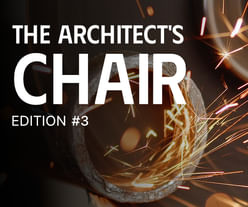
The Architect's Chair / Edition #3
Register by Wed, Jan 15, 2025
Submit by Tue, Feb 18, 2025
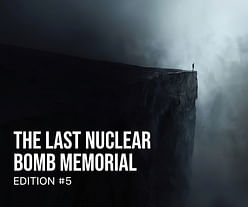
The Last Nuclear Bomb Memorial / Edition #5
Register by Thu, Jan 16, 2025
Submit by Wed, Feb 19, 2025
No Comments